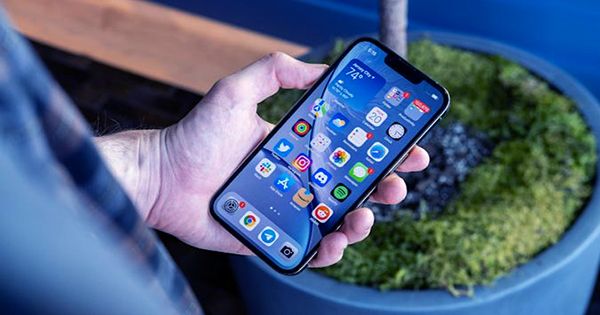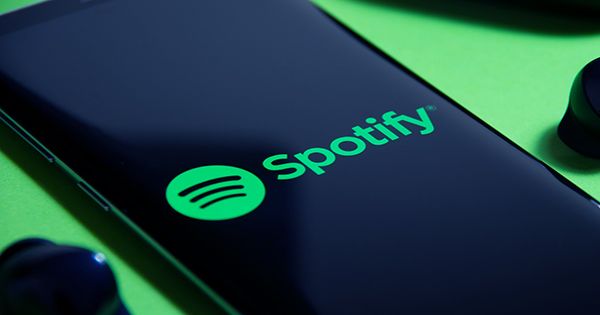Apple’s new, lower-cost Apple Music Voice plan, which was initially announced at the company’s hardware presentation this autumn, is now available. The new service, which is primarily intended for use with HomePod speakers or AirPods, restricts users from using Siri to access Apple Music.
The voice-only service is $4.99 per month, compared to $9.99 per month for a typical individual plan, due to its stripped-down nature. The new music subscription is part of the larger iOS 15.2 update, which also includes app privacy reports, children’s Message safety warnings, a “Hide My Email” privacy tool, and more.
Some individuals may have been perplexed as to why someone would desire a music subscription that can only be accessed by voice commands at first. Apple, however, was not the first corporation to use this approach. With the debut of a free, ad-supported tier that exclusively streamed via Amazon’s Echo devices in 2019, Amazon presented a more cheap option to access its Amazon Music service. To put it another way, Amazon Music could only be accessed through Alexa instructions.
The Siri-only service from Apple is similar, but it is not limited to Apple’s smart speakers. Instead, customers will be able to request music using any Siri-enabled device, such as the HomePod, AirPods, iPhone, or other devices, as well as CarPlay, according to Apple. The new voice-only tier is not just a stripped-down version of Apple Music with a small song library.
Subscribers will get access to Apple Music’s 90-million song repertoire, tens of thousands of playlists, and hundreds of new mood and activity playlists, tailored mixes, and genre stations, much like conventional subscribers. Apple Music Radio is also included. Users may ask Siri for a song, album, or artist, or, more often, a genre or kind of playlist using voice commands like “play something relaxing,” “play the dinner party playlist,” or even “play more like this” to have access to this content.
Subscribers to the Voice Plan can also use the Apple Music app to some extent. Instead of being able to explore the whole collection, as is customary, a “Listen Now” page will display music they have recently listened to and assist them in discovering new recommendations that can be played with a tap or a Siri query.
Access to live and on-demand radio will be available through the Radio tab. There is also a Search option; however, the results can only be played by asking Siri. There will also be a section in the app that educates customers on how to make Siri work better with Apple Music.
Users may provide Siri specific input by saying things like “I like this song” or “I don’t like this song,” and they can learn more about the music played by asking questions such as who sings a song, the song or album name, the release year, and so on. Users that interact with Apple Music using their voice will train Siri better understand their preferences over time. That means they will be able to tell Siri to “play some music I like” or “play my favorite mix,” and Siri, in theory, plays music they like.
The Apple Music Voice Plan might help Apple acquire access to a goldmine of customer data on Siri usage, which could help it enhance its product, which has trailed behind both Alexa and Google Assistant, in addition to being competitive with Amazon’s Echo-only plan.
It is also a simple method for Apple to encourage price-conscious people to test a premium music subscription service for the first time. Later on, when these consumers realize the ease of having on-demand and ad-free music instead of relying on a free, ad-supported choice like Pandora, the voice plan may lead them to higher-priced tiers. In Australia, Austria, Canada, China, France, Germany, Hong Kong, India, Ireland, Italy, Japan, Mexico, New Zealand, Spain, Taiwan, the United Kingdom, and the United States, the Apple Music Voice is accessible with the iOS 15.2 update.
















